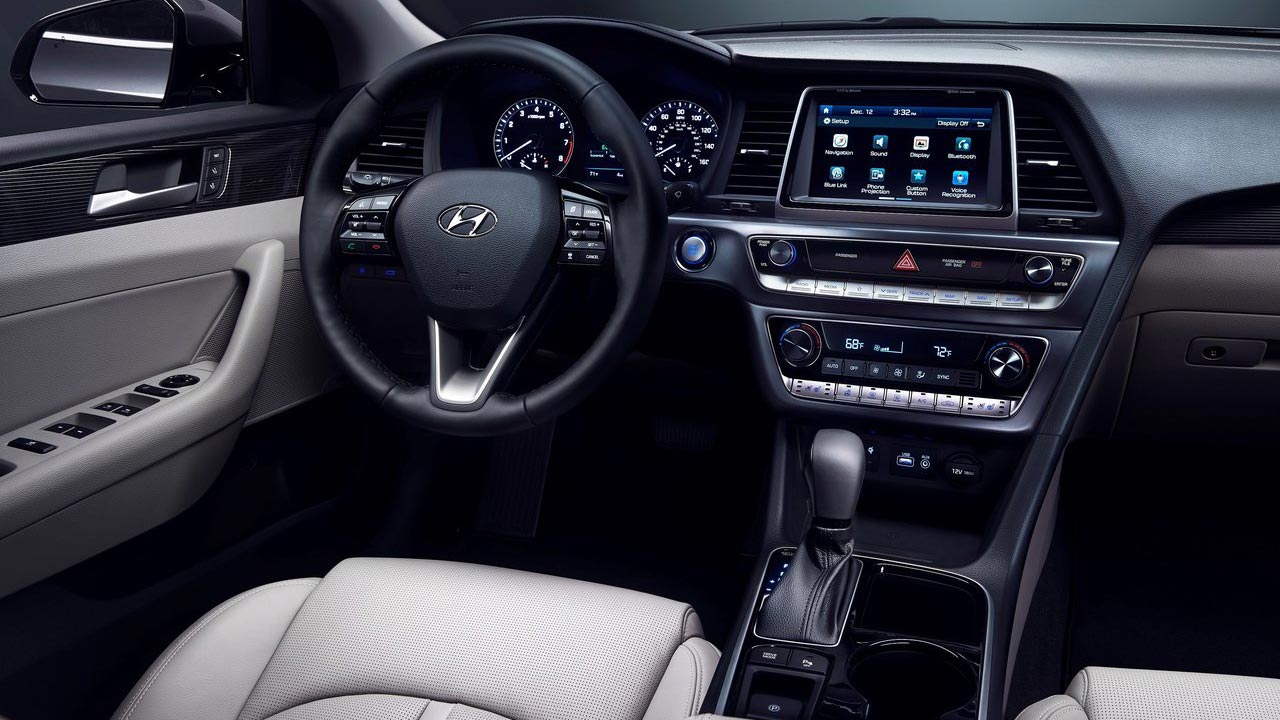The TikTok videos showcasing the ease of stealing certain Hyundai and Kia models gained significant attention, prompting the automakers to take action. These incidents primarily involved base trim vehicles lacking push-button ignitions or immobilizer devices. The surge in thefts, particularly in Milwaukee, Wisconsin, led to a staggering 25-fold increase in stolen Hyundai and Kia models, surpassing the overall rise in thefts.
To address the issue, Hyundai and Kia had previously offered stopgap solutions such as free steering wheel locks and anti-theft kits. They also collaborated with AAA to provide insurance coverage for owners who lost their previous policies due to the vulnerability of these vehicles. However, these measures proved insufficient in mitigating the problem.
Under the terms of the settlement, Hyundai and Kia will allocate $145 million to cover customers' out-of-pocket losses and compensate for expenses related to insurance deductibles, increased premiums, and other theft-related losses. Additionally, eligible owners will receive a free software upgrade during their next service visit at a dealership. In cases where the upgrade is not feasible, owners will be granted up to $300 to purchase their preferred anti-theft devices.
Affected models span both Hyundai and Kia lineups, predominantly consisting of entry-level trims without push-button ignitions. Comprehensive information about the affected vehicles can be obtained through dedicated websites for Hyundai and Kia owners.
Hyundai Models
- 2011–2022 Accent
- 2011–2022 Elantra
- 2013–2017 Elantra GT
- 2013–2014 Elantra Coupe
- 2011–2012 Elantra Touring
- 2011–2014 Genesis Coupe
- 2018–2022 Kona
- 2020–2021 Palisade
- 2011–2012, 2019–2022 Santa Fe
- 2013–2018, 2019 Santa Fe, Santa Fe XL
- 2013–2018 Santa Fe Sport
- 2011–2019 Sonata
- 2011–2022 Tucson
- 2012–2017, 2019–2021 Veloster
- 2020–2021 Venue
- 2011–2012 Veracruz
Kia Models
- 2011–2021 Forte
- 2021–2022 K5
- 2011–2020 Optima
- 2011–2021 Rio
- 2011–2021 Sedona
- 2021–2022 Seltos
- 2010–2022 Soul
- 2011–2022 Sorento
- 2011–2022 Sportage
Source: Reuters

